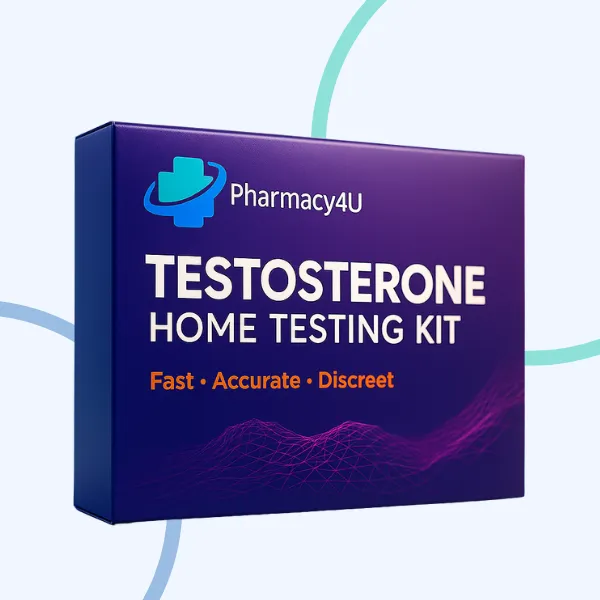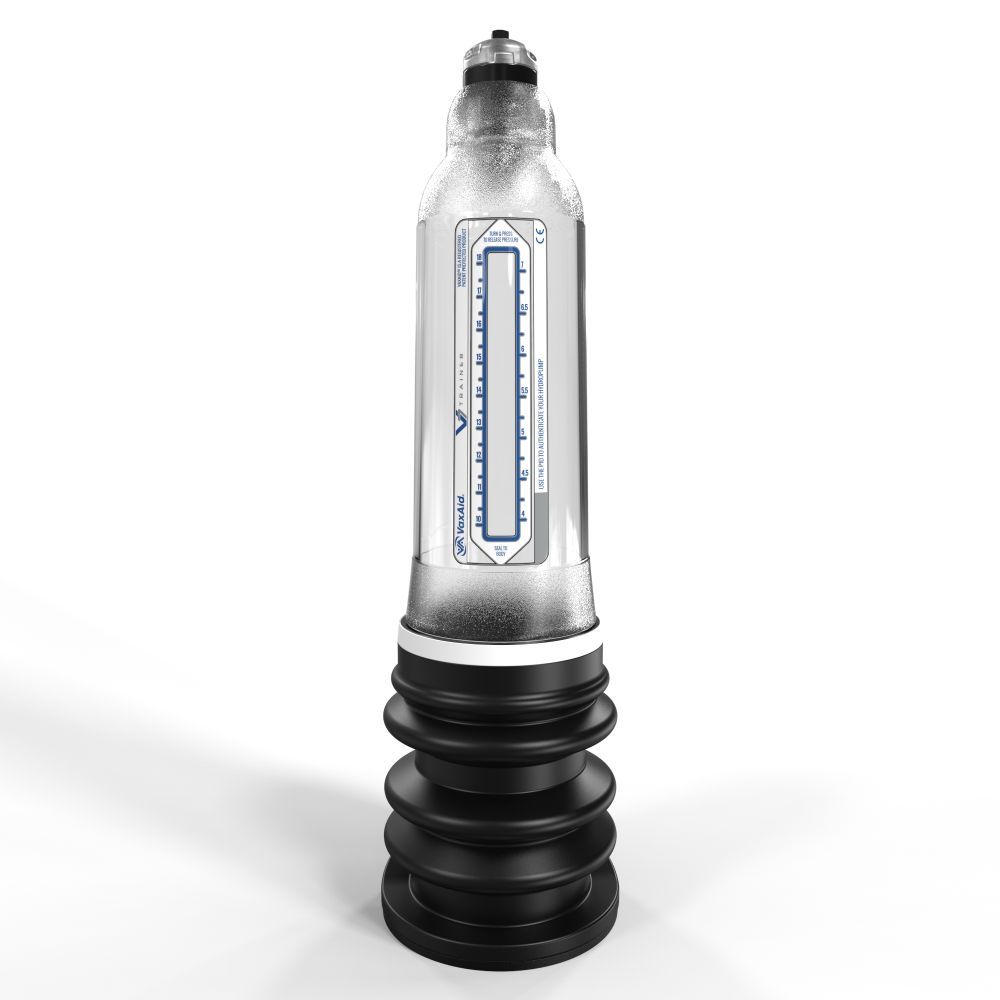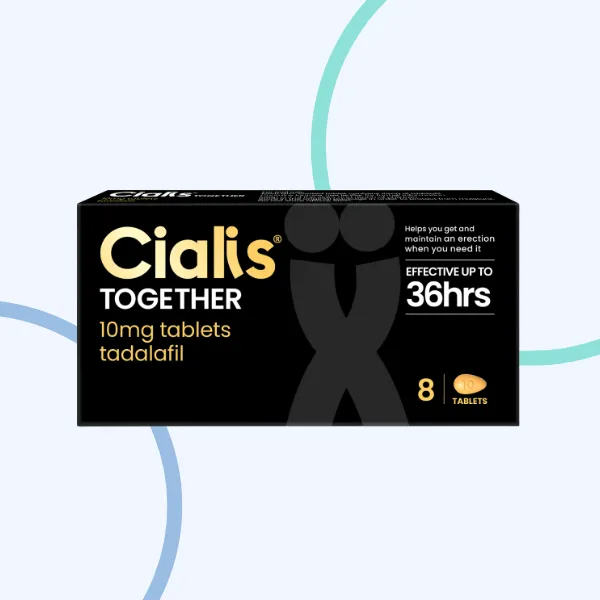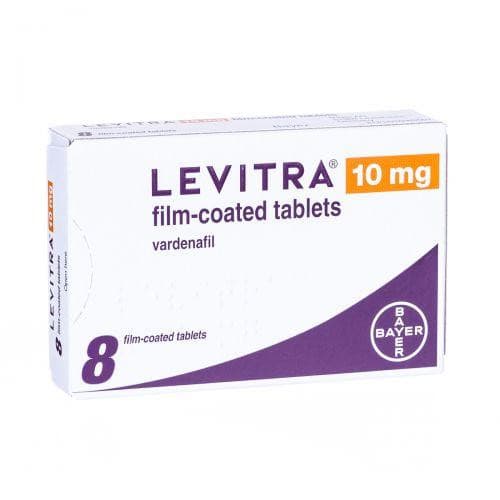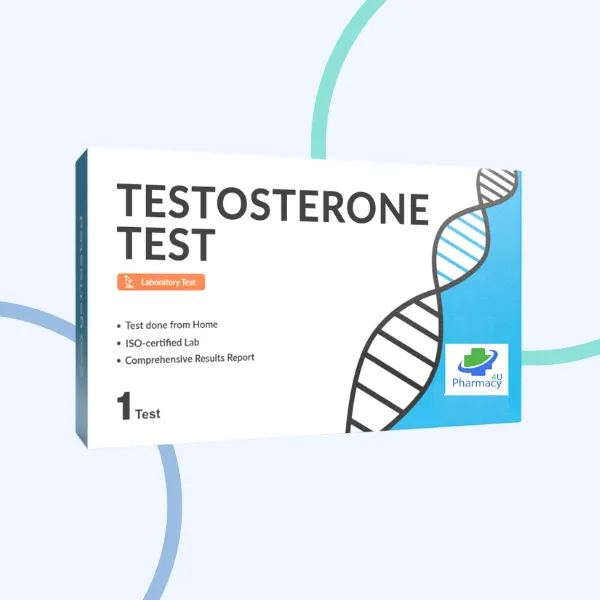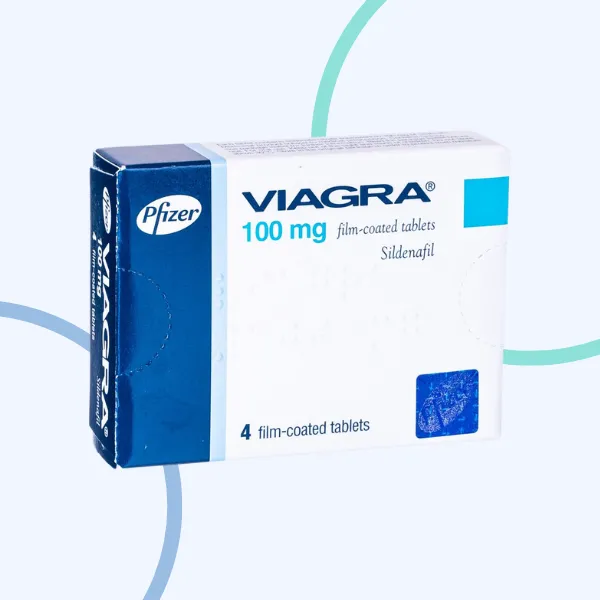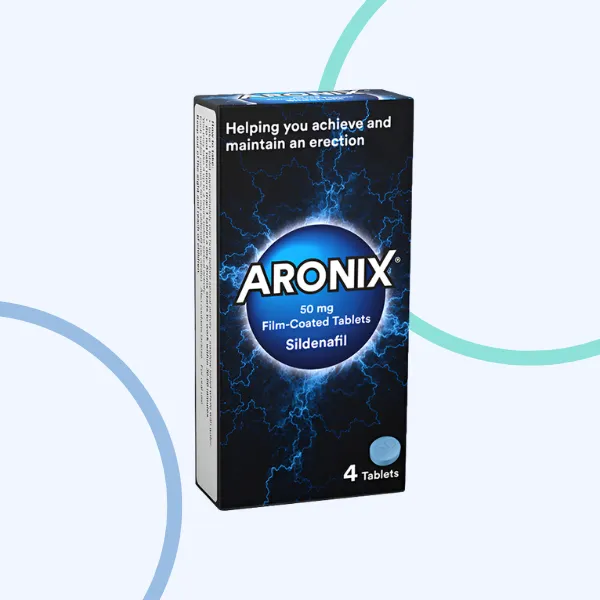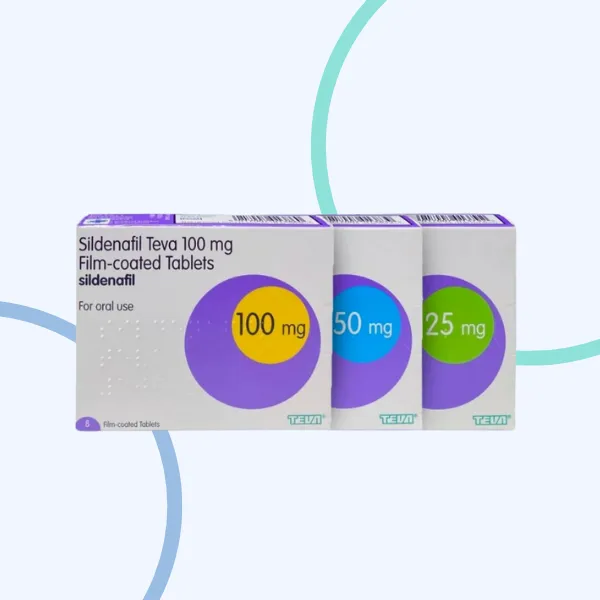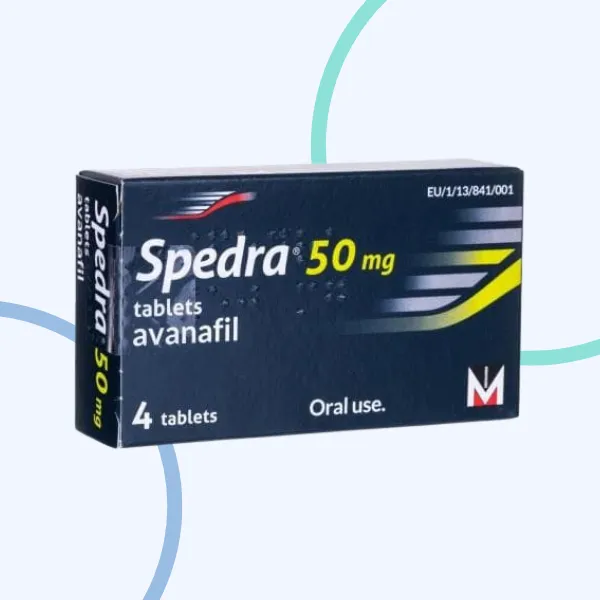- Home
-
-
-
-
-
-
-
-
- Skincare
- Sleep
- Buy Sleeping Tablets
- Migraine
- Diarrhoea & Constipation
- Threadworms
- Trapped Wind
- Haemorrhoids/Piles & Anal Fisure
- Dandruff
- Fungal Infections
- Scars, Cellulite & Stretch Marks
- Warts & Verrucas
- Cough & Cold
- Excessive Sweating
- Lice & Scabies
- Snoring
- Children & Babies
- Nausea
- Managing Medication - Pill Boxes And Tablet
- Acid Reflux & Heartburn
-
- Feminine Underwear
- Angina And Heart Health
- Children's Healthcare
- Cystitis & Urinary Infections
- Coughs, Cold And Flu
- Hair Care - Head Lice & Nits
- Skin Care.
- Hangover Relief
- Hayfever & Allergy Relief
- Health Monitoring & Diabetes
- Herbal Remedies
- Excessive Sweating
- Lip Care
- Nasal Care.
- First Aid
- Oral Health
- Ostomy Care & Catheter Care
- Pain Relief Care
- Piles & Haemorroids
- Sleeping Aids
- Thrush Treatments
- Travel Health
- Vaginal Infections
- Vertigo
- Digestion & Indigestion
- Toiletries
- Incontinence Care
- Low Protein
- Multivitamins & Supplements
- Baby Milk & Formula's
- Wound Management
- Diabetes Test Strips & Needles
- Feminine Hygiene
- Male Enhancement
- Eye Care
- Ear Care
- Mouth Care
- Foot Care
- Health Care
- Oral Trush
- Sun Care.
- Acne Care
- Rosacea Skin Care
- Psoriasis Skin Care
- Eczema Skin Care
- Hair Loss Care
- Quit Smoking Aids
- Asthma Healthcare
- CBD & Herbal Remedies
- Immunity
- Bone
- Nutritional Drinks
- Worms
- Baby Healthcare
- Bites & Sting Relief
- Chicken Pox
- Urinary/Bladder Problems
- Vaginal Dryness
-
-
-
- Contraceptive Pill
- Morning After Pill
- Period Delay
- Alternative Contraceptives
- Bacterial Vaginosis
- Period Pain
- Hormone Replacement Therapy (HRT)
- Vaginal Dryness
- PCOS
- Feminine Hygiene Underwear
- Female Hormones Test
- Women's Health - Thrush
- Cystitis Treatments
- Hirsutism (Hair Removal)
- (UTIs) Urinary Tract Infections
-
-
-
-
Testosterone Testing Kit (Step1 - Basic)
- Categories: Online Clinic Men's Health Erectile Dysfunction
Guaranteed Safe Checkout
Testosterone Testing Kit (Step1 - Basic)
Testosterone Test Kit for men (Basic)
Testosterone Blood Test Kit - At-Home Hormone Testing
Unlock Your Hormonal Health - Fast, Accurate Testosterone Testing at Home
Simply send your sample, using the free-postage envelope enclosed with each kit, to our partnered lab using state-of-the-art equipment.
Important: As soon as you collect your sample, you should post it to our lab. Leaving your sample can cause the blood to haemolyseand affect the results.
Our comprehensive Testosterone Blood Test Kit provides a convenient way to check your testosterone levels from the comfort of your home. This essential hormone test measures total testosterone levels in your blood, helping identify imbalances that may be affecting your energy, mood, libido, and overall wellbeing. Whether you're experiencing symptoms of low testosterone such as fatigue, reduced sex drive, and muscle loss, or high testosterone in women causing irregular periods and excess body hair, this test delivers laboratory-quality results with doctor analysis. With our finger-prick collection method and rapid turnaround time, understanding your hormonal health has never been easier or more accessible.
Key Features
•Turnaround Time: Results in just 2 working days
•Biomarker Count: 1 key hormone marker (Total Testosterone)
•Doctor's Report: Includes personalized doctor's comments and recommendations
•Sample Collection: Finger-prick blood sample at home
•Free Delivery: Free standard delivery included
Sample Collection Options
Finger-prick at Home
We'll send you everything you need to collect your blood sample from the comfort of your home. Our finger-prick collection method is designed to be simple and painless, with clear step-by-step instructions included in your kit.
Biomarker List
Hormones
•Testosterone: The primary male sex hormone that regulates sex drive, bone mass, fat distribution, muscle mass, strength, and the production of red blood cells and sperm. In women, testosterone contributes to bone strength, muscle mass, and libido, though at lower levels than in men.
What's Measured
This test measures the total testosterone level in your blood. Testosterone is a steroid hormone primarily produced in the testes in men and in smaller amounts in the ovaries in women. It plays a crucial role in male development and reproductive function, as well as maintaining muscle mass, bone density, and red blood cell production. Abnormal testosterone levels can significantly impact your physical health, mental wellbeing, and quality of life, making this test an important tool for monitoring hormonal balance.
Why Take This Test
•You're experiencing decreased sex drive or libido
•You have erectile dysfunction or sexual performance issues
•You're suffering from fatigue, low energy, or unexplained tiredness
•You've noticed reduced muscle mass despite regular exercise
•You're experiencing increased body fat, particularly around the abdomen
•You have mood changes, irritability, or depression
•You're concerned about fertility issues
•For women: You have irregular periods, excess body hair, or acne
•You want to monitor the effectiveness of hormone therapy
•You're interested in optimizing your hormonal health as part of a wellness program
What's Included
•Home finger-prick blood collection kit with all necessary equipment
•Prepaid return packaging
•Clear, step-by-step instructions
•Personalised doctor's interpretation of your results
•Evidence-based recommendations for improvement
Scientific Background
Testosterone levels naturally decline with age in men, typically by about 1% per year after age 30. A normal testosterone level for adult men is around 8.7–29 nmol/L (250–836 ng/dL), while for women, normal levels are much lower, typically between 0.5-2.4 nmol/L. Levels outside these ranges may indicate hormonal imbalances that could be affecting your health and wellbeing. Testosterone production follows a daily rhythm, with levels typically highest in the morning and lowest in the evening, which is why morning testing is recommended for the most accurate baseline measurement. Factors such as stress, obesity, certain medications, and chronic illness can all impact testosterone production and should be considered when interpreting results.
Test Limitations & Important Information
Medical Limitations
This test provides a snapshot of your testosterone level at a single point in time. Testosterone levels can fluctuate throughout the day and in response to various factors including stress, sleep quality, and physical activity. For the most accurate results, we recommend collecting your sample in the morning when testosterone levels are typically at their highest. Additionally, a single testosterone measurement may not provide a complete picture of your hormonal health, and follow-up testing or additional hormone panels may be recommended based on your results and symptoms. Results should always be interpreted in the context of your complete medical history and current health status.
Who Should Not Take
This test is not suitable for anyone currently taking testosterone replacement therapy (TRT) or anabolic steroids, as these will affect the results and provide an inaccurate reading of your natural testosterone production. If you're currently on TRT, we recommend our specialized TRT Monitoring Test instead. Additionally, if you're taking medications that affect hormone levels, such as certain anti-seizure medications, opioids, or glucocorticoids, please consult with your doctor before taking this test as these may impact your results. This test is not designed to diagnose specific medical conditions without clinical correlation and should not replace consultation with a healthcare professional.
Frequently Asked Questions
When is the best time to take this test?
For the most accurate results, we recommend collecting your sample in the morning, ideally between 7-10am when testosterone levels are at their highest.
How accurate is a finger-prick blood test for testosterone?
While our finger-prick tests are generally accurate, for testosterone testing specifically, we recommend a venous blood draw for the most reliable results. Testosterone levels can be more accurately measured from venous blood samples.
What is a normal testosterone level?
A normal testosterone level for adult men is around 8.7–29 nmol/L (250–836 ng/dL). For women, normal levels are much lower, typically between 0.5-2.4 nmol/L. However, what's "normal" can vary based on age, sex, and individual factors.
Should I fast before taking this test?
Fasting is not essential for testosterone testing, but avoiding biotin supplements, alcohol, and heavy exercise the day before testing can help ensure reliable results.
How often should I check my testosterone levels?
For monitoring purposes, we recommend retesting every 3-6 months, or as advised by your healthcare provider. If you make lifestyle changes or start any treatments, testing after 3 months can help assess their effectiveness.
Can women take this test too?
Yes, this test is suitable for both men and women. While testosterone is often associated with men, it plays important roles in women's health too, including bone density, muscle strength, and libido. Women with symptoms like irregular periods, excess body hair, or acne may benefit from checking their testosterone levels.
What is a normal testosterone level for my age?
A normal testosterone level for adult men is around 8.7–29 nmol/L (250–836 ng/dL). Most UK laboratories will use reference intervals similar to this. These values don’t take your symptoms, baseline levels, or age-related decline into account. But your doctor will consider this when interpreting your levels. If your testosterone levels are less than 12 nmol/L and you have symptoms, you may benefit from testosterone replacement therapy (TRT).
A 2022 study looked at testosterone levels of 1,486 men between the ages of 20 and 44 [6]. To calculate the normal testosterone level for each age bracket, they took the middle third and labelled these as normal results (according to the American Urological Association’s definition of normal testosterone):
| Age | Testosterone (nmol/L) | Testosterone (ng/dL) |
| 20–24 | 14.2–19.3 | 409–558 |
| 25–30 | 14.3–19.9 | 413–575 |
| 30–34 | 12.4–17.3 | 359–498 |
| 35–40 | 12.2–16.5 | 352–478 |
| 40–44 | 12.1–16.4 | 350–473 |


